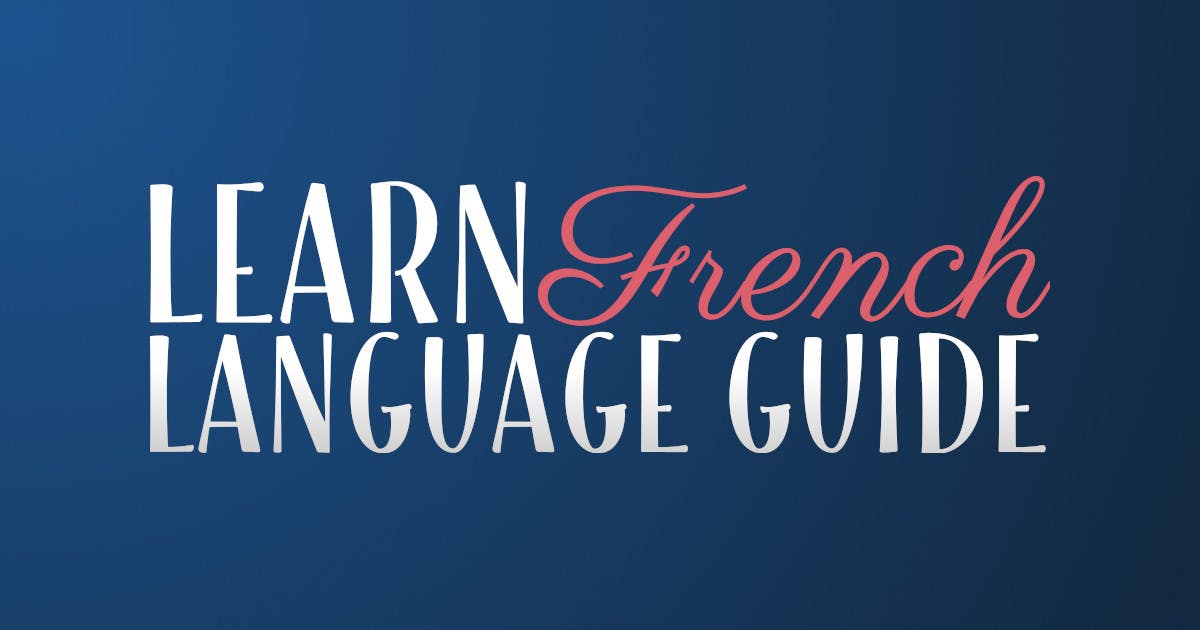French Lesson: Driving In The Countryside (+ Street Signs)
A drive in the French countryside is fun, especially on a nice day.
It also allows us to learn a lot about cars, and getting around in general. We have mentioned before that you don't want to drive around in the big cities, so the countryside is the perfect place to get to know a bit about navigating a trip.
You'll need some French vocabulary and phrases if you plan on taking a road trip in France. Here are some vital road signs and useful sentences in the language for the journey.
French street/road signs
Regardez le panneau (look at the sign):
| French | English |
|---|---|
| travaux sur la route | road work |
| route barree | road blocked |
| ralenitissez | slow down |
| ouvert | open |
| fermé | closed |
| gauche | left |
| droite | right |
| suivre | follow |
| arrêt / stop | stop |
| sens unique | one way |
| serrez à droite | keep to the right |
| le sens interdit | no entry |
| cédez le passage | give way |
| chaussée glissante | slippery road |
| chaussée déformer | road in bad condition |
| allumez vos feux | turn on your lights |
| ralentir | slow down |
| vous n'avez pas la priorité | you don’t have right of way |
| travaux | road works |
| fin de chantier | end of works |
| rappel | reminder |
| (prochaine) sortie | (next) exit |
| péage | toll road |
| route barre | road closed |
| toutes directions | all directions |
| la bande d'arrêt d'urgence | emergency lane |
| passage piétons | pedestrian crossing |
| la limitation de vitesse | speed limit |
| la circulation | traffic |
| le dépassement | overtake |
| aire de repos | rest area / layby |
| tomber en panne | break down |
| le pont | bridge |
| déviation | detour |
| autoroute | motorway |
| le rondpont | roundabout |
Sample sentences for driving in the French countryside
La route est barree a cinq cent metres, a cause de travaux. Il y a une deviation. The road is blocked for five hundred meters because of road work. There is a detour.
Il faut passer par une autre route. Mais sur cette route-la, la vitesse limite est de cinquante kilometers a l'heure. En plus, il y a souvent des gendarmes sur cette route! We must take another road. But on that road, the speed limit is 50kph. In addition, there are often police on that road!
Mais nous ne sommes pas presses. De toute facon, il faut qu'on s'arrete a la prochaine station service parce qu'il n'y a presque plus d'essence. We are not in a hurry. In any case, we have to (it is necessary to) stop at the next gas station because there is hardly any gas. On devrait aussi verifier le niveau d'huile et la pression des pneus tant que nou y sommes. We can (one can) also check the oil level and the tire pressure since we are there. On fait le plein? Fill it? Ou, il vaut mieux. Yes, we'd better (it would be better). We have gotten used to the idiom "il faut", meaning one should, we must, I must, etc. It is used in two forms: "Il faut" + infinitive of the verb: Il faut conduire a droit. You must drive on the right.
Il faut se reposer souvent quand on conduit sur de grandes distances. You must rest often when driving long distances.
"Il faut que" + present tense of the verb: Il faut qu'on s'arrete a la prochaine station service. We have to stop at the next gas station.
Il faut que j'achete un litre d'huile. I have to buy a litre of oil. We also came into contact with some new negatives in our driving tour. We know ne.pas.
Il n'y a pas de station service sur cette route. There is no gas station on this road. Now look at ne.plus.
Il n'y a plus d'essence. There is no gas left.
Il n'y a presque plus d'essence. There is hardly any gas left. Remember that we substitute "en" as the pronoun in this expression.
Une station service? Il y en une sur la droite. A gas station? There is one on the right.
(En replaces station service) Il reste du lait? Is there milk left?
Non,il n'y en plus. No there isn't any.
Il reste du lait? Is there milk left?
Non,il n'y en plus. No there isn't any.
Translate these French sentences into English
- Oh, no, there is a detour on the road.
- The sign says (shows:monter) : route barree, ralenitissez!
- We are not in a hurry. Let's take the scenic route (route touristique).
- We have to stop at the next service station.
- We have to go to Paris tomorrow.
- There is no train to Paris tomorrow, it's Sunday.
- There are not eggs left.
- We have to buy eggs today.
- Do you have money?
- I have some.

SUBSCRIBE: